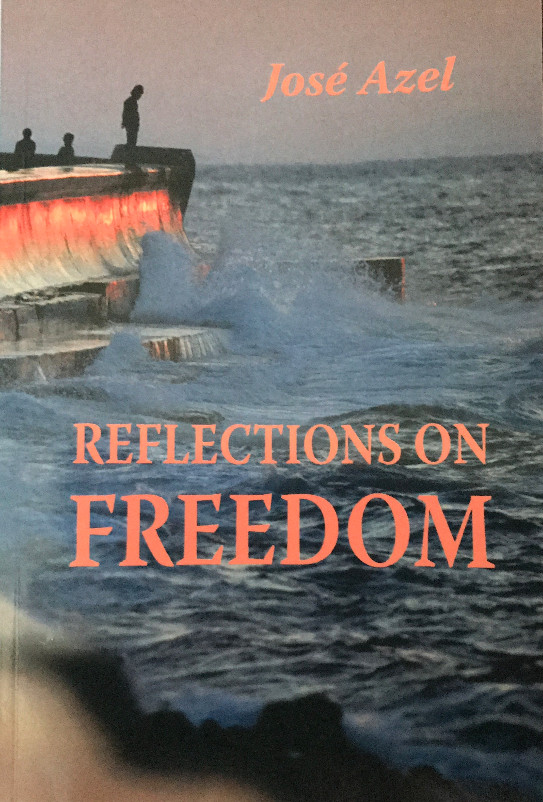| Democracy may be defined in many descriptive ways such as, government by the people, rule of the majority, a belief in freedom and equality, and more. But I find it conceptually helpful to reflect on democracy as a form of government between the violence of anarchy and the violence of tyranny. |
|
Cognitive psychologist, Steven Pinker puts it this way: “One can think of democracy as a form of government that threads the needle, exerting just enough force to prevent people from preying on each other without preying on the people itself. A good democratic government allows people to pursue their lives in safety, protected from the violence of anarchy, and in freedom, protected from the violence of tyranny.”
It follows that, not having a ruler, and enjoying maximum individual freedoms would be preferable if we could avoid the violence of anarchy. But human history shows chaos to be deadlier than tyranny, and thus we have invented a form of government “that threads the needle” between the violence of anarchy and the violence of tyranny.
Today, by some metrics, over 50 percent of the world’s population lives in democratic nations. In practice, however, some of those nations may be more autocratic than democratic. We also find some autocracies of the Singapore type, and some repressive democracies, such as Pakistan. The sobriquet of benevolent dictator has been used to describe authoritarian leaders who exercised absolute political power such as Josip Tito (Yugoslavia), Mustafa Kemal Atatürk (Turkey), Lee Kuan Yew (Singapore) and others.
A practical distinction can also be made between those democracies which do not go much beyond limiting the power of the government on its citizens, and those democracies more actively committed to carrying out the will of the majority of the citizenry. For instance, the American political system is more populist than the political systems of other more aristocratic or elitist Western democracies.
Despite its shortcomings, democracy is, as exquisitely described by Winston Churchill in a speech to The House of Commons: “Many forms of government have been tried, and will be tried in this world of sin and woe. No one pretends that democracy is perfect or all-wise. Indeed, it has been said that democracy is the worst form of Government except all those other forms that have been tried from time to time.”
Yet, tyranny still has its advocates, particularly among declinists who articulate zealous politico-economic opinions without bothering with the evidence. And by those, complacent in their hopefulness that not much work effort is required from them because a paternalistic tyrant with a master plan will improve their lives, as in China, Cuba, Iran, North Korea, or Vietnam.
Economist Paul Romer makes an instructive distinction between complacent optimism and conditional optimism. He likens complacentoptimism to that of a child waiting for presents on Christmas morning. Other than obedient behavior, nothing much is required of the child. Whereas conditional optimism is the sentiment of a child who “wants a treehouse and realizes that if he gets some wood and nails and persuades other kids to help him, he can build one.” Democracy requires conditional optimism and tyranny demands complacent optimism.
Perhaps the most misunderstood, and criticized, aspect of democratic governments is their electoral processes, as Pinker points out: “Political scientists are repeatedly astonished by the shallowness and incoherence of people’s political beliefs, and by the tenuous connection of their preferences to their votes…” A considerable degree of apathy and ignorance seems to be part of many democratic processes.
The Austrian-British philosopher Karl Popper, generally regarded as one of the greatest philosophers of the 20th century, offered a brilliantly simplistic way to think of democratic governance. Typically, we think of democracy, and its electoral process, as a form of government that answers the question: Who should rule? Popper offered instead that we should think of democracy as a system of government that offers a solution to the problem of how to get rid of bad leaders without bloodshed.
Replacing bad leaders without violence is how democracy threads the needle between the violence of anarchy and the violence of tyranny.
Please let us know if you  this article. this article. |
|
We welcome your feedback.
Abrazos,
Lily & José
(click on the name to email Lily or Jose) |
|
|
|
|










No comments:
Post a Comment